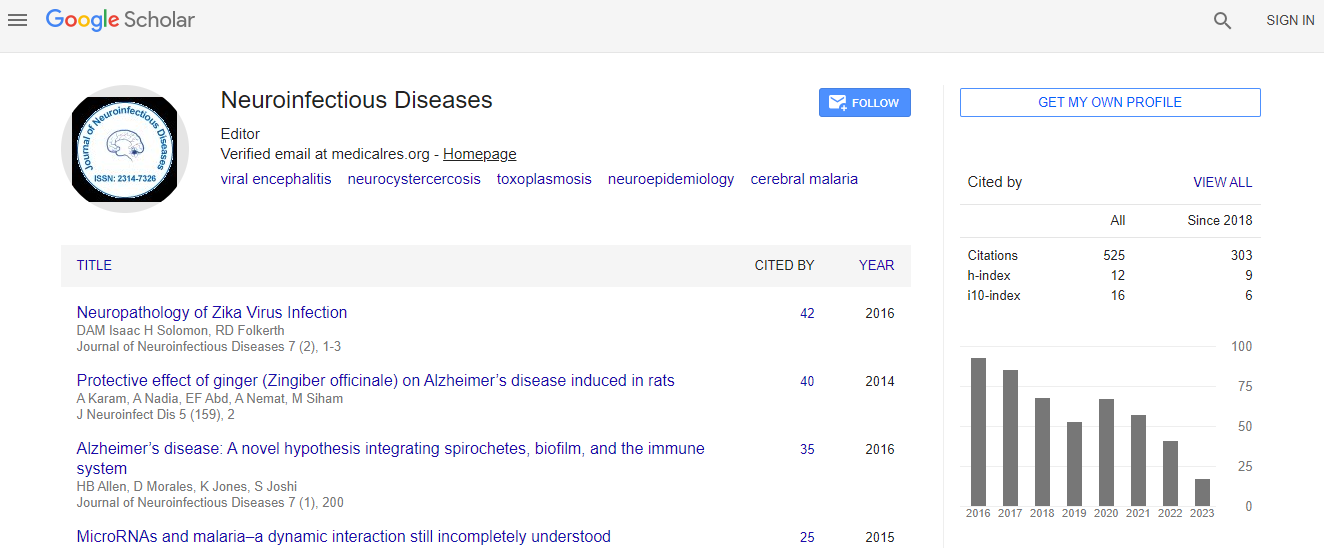Case Report
Surgical Management of Severe Head Injury with Cerebral Herniation
Motah Mathieu1*, Uduma Felix Uduma2 and Ndoumbe Aurélien3
1Department of Surgery, Faculty of Medicine and Pharmaceutical Sciences, University of Douala, and Douala General Hospital, Cameroon
2Department of Radiology, Faculty of Clinical Sciences, University of Uyo, Nigeria and Polyclinic Bonanjo, Douala, Cameroon
3Department of Surgery, Faculty of Medicine and Pharmaceutical Sciences, University of Douala, and University Hospital, Yaoundé, Cameroon
- *Corresponding Author:
- Motah Mathieu, M.D, Ph.D
Neurosurgeon, Department of Surgery Faculty of Medicine
and Pharmaceutical Sciences University of Douala, and
Douala General Hospital, Cameroon
Tel: +75658643
E-mail: motmath@hotmail.com
Received date: November 15, 2013; Accepted date: December 18, 2013; Published date: January 03, 2104
Citation: Motah M, Uduma UF, Ndoumbe A (2014) Surgical Management of Severe Head Injury with Cerebral Herniation. J Neuroinfect Dis 5:136. doi: 10.4172/2314-7326.1000136
Copyright: © 2014 Motah M, et al. This is an open-access article distributed under the terms of the Creative Commons Attribution License, which permits unrestricted use, distribution, and reproduction in any medium, provided the original author and source are credited.
Abstract
Background: Can decompressive craniectomy improve the outcome of patients with severe brain injury and cerebral herniation following blunt trauma?
Objective: To assess the efficiency of decompressive craniectomy in the management of severe brain injury with computed tomographic (CT) evidence of cerebral herniation following blunt trauma.
Methods: The studied period was over 36 months (January 2007-December 2009) at Douala General Hospital, Douala, Cameroon. Patients included were those who underwent decompressive craniectomy as a result of nonresponsiveness to conservative management of blunt trauma to the brain with CT scan evidence of cerebral herniation. Patients’ outcome was reassessed two to ten months following decompressive craniectomy using Glasgow outcome scale (GOS) score.
Results: Thirteen patients were studied. Ten patients (76.93%) had good outcomes (GOS 1-2). One patient (7.69%) remained in a vegetative state (GOS 4) and two patients (15.38%) died (GOS 5).
Noted main complications were hydrocephalus, brain herniation through the orifice of craniectomy, brain abscess and status epilepticus.
Conclusion: Decompressive craniectomy can improve the outcome of patients who have suffered severe brain injury with cerebral herniation from blunt head trauma.

